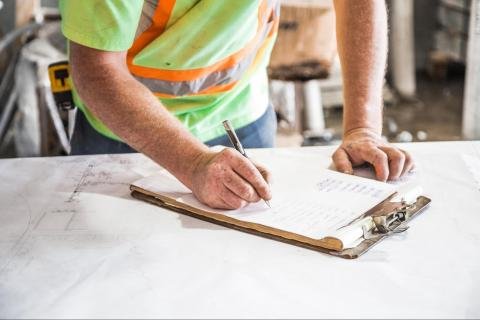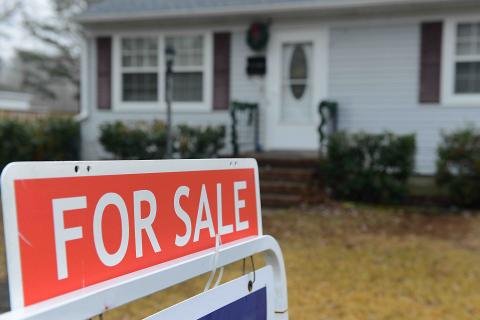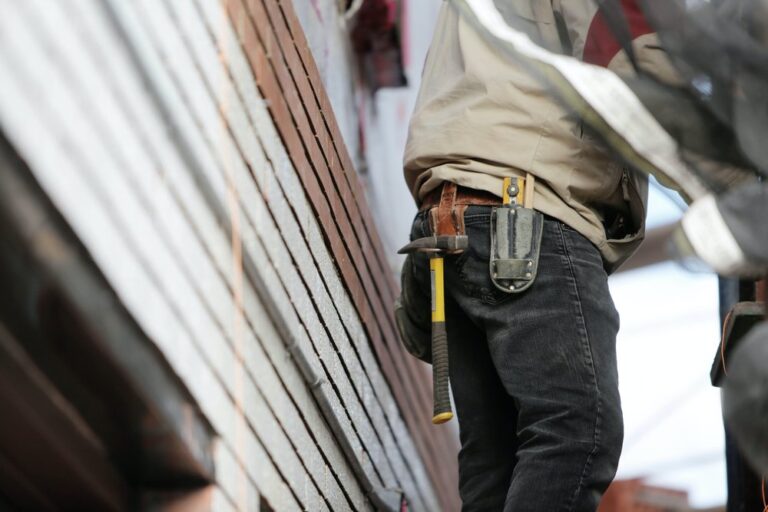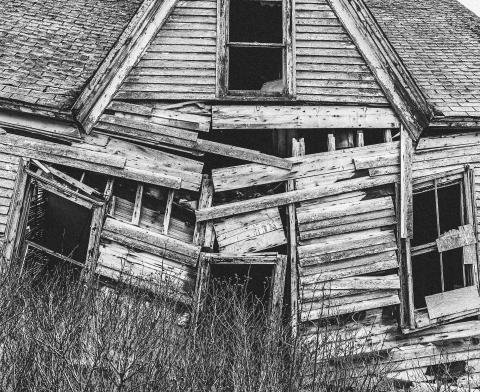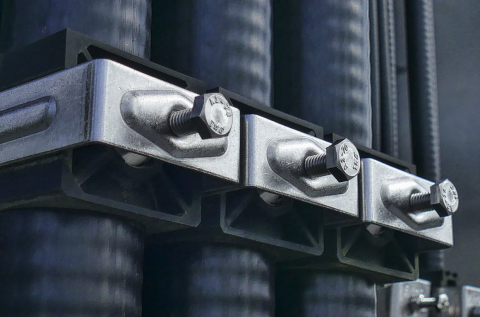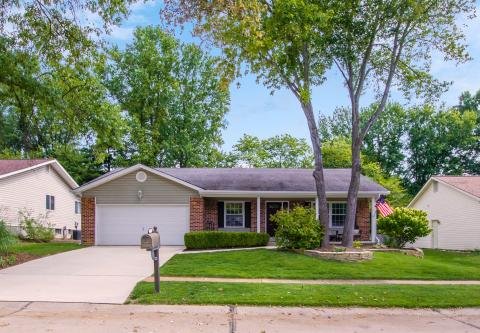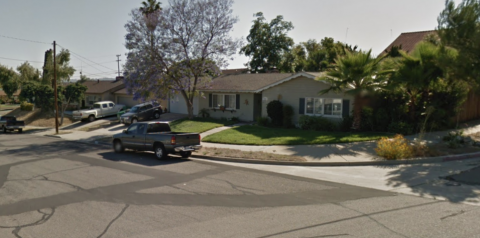What to Look for in a Home Inspection?
A thorough home inspection is essential for any potential homebuyer or homeowner who wants to make informed decisions about a purchase or repairs. Be sure to ask for a detailed report with pictures of all aspects, not just potential hazards or issues that need fixing. It goes without saying that the foundation is one of the most important parts of any inspection, but here are some of the other items we believe are important to look for in any professional inspection.
Heating and Air Conditioning (HVAC)
Any complete home inspection should include testing and inspection of the HVAC system. Inspectors should confirm heating and air conditioning are properly functioning. This should include thermostat checks of ventilation points throughout the home. An inspection of the furnace and HVAC system should also take place. Oftentimes times water systems can be close or connected to the furnace and HVAC. Be sure to check for potential water leaks that may eventually damage those systems.
Plumbing and water drainage/systems
Inspectors should make a thorough inspection of all plumbing equipment. This usually involves turning on multiple water sources, including faucets, toilets, the dishwashers, showers, and more. Water pressure can be checked by turning on multiple sources at once. This should reveal any potential leaks or problems with the plumbing.
For older homes it may be necessary to inspect the waste systems, especially if there is a septic system. Some homes move away from such systems when renovated, but even unused systems left unattended they can cause plumbing and foundation issues.
Electrical
A thorough inspection of the electrical system should at the very least include the following. An inspection of the circuit breakers. GFCI (ground fault circuit interrupter) testing of all outlets, which will ensure outlets shut off should there be an electrical surge to prevent electrical injury. The inspector should also check to make sure the wiring is up to code. Depending on the age of your home certain code upgrades may not be required, but a good inspector will let you know which parts of your system are out of date so you can make the improvements if you wish.
Gas
If your home has a gas stove or other appliances, the inspector should test all outputs, and make sure there are no leaks. This should be done along with an inspection of all other appliances, which didn’t make our list of essentials but is still an important part of any home inspection.
Potential Hazards (asbestos, lead, mold)
Depending on the age of the home there are a few important hazards which the inspector should check for and include in their report. If the home was built before the 1980’s they should check for asbestos, which in many cases should be replaced with updated insulation. Lead pipes or paint are another relic of home building from earlier decades. Have the inspector report on any potential lead in the home to avoid needing replacements down the line. Finally, the inspector should also search for signs of water damage, and specifically mold.
Roof & Chimney
Much like the foundation, the roof is one of the most important structural aspects of the home. Find out how old the roof is or if there have been any repairs or replacements. Check for water damage, or moist/rotting shingles or pieces. Roof repairs or replacement can be amongst the most expensive home repairs. Be sure the inspector properly covers the roof to avoid issues down the line, whether selling or buying a home. Similarly if there’s a chimney the inspector should review it’s foundational status as chimneys can often be an important structural feature supporting the walls and roof of the home.
Basement & Crawl Spaces
If the home has a basement or crawl space the inspector should check them with the intent to search for water and foundation damage. Moist or damp basements or crawl spaces can be a sign of potentially serious foundational damage. They should also check the stem walls and and piers or supporting beams for cracks and damage.
Foundation
Finally, the most important part of any inspection should be an inspection of the foundation. This should include an inspection of the basement or crawl space as well as the exterior walls and supports. A good inspection will include reports on all the doors, windows, and floors which can become warped or misaligned if there are foundation issues. If your inspection comes up with potential water damage, or foundational issues it’s important to have a professional foundation inspection done immediately.
Sure Safe offers free professional foundation inspections and repair plans. If you’re buying or selling a home, don’t leave the most important part of the home to chance. Have Sure Safe’s qualified employees come inspect your foundation and if there’s the need, create an engineer certified, city permitted plan. We can often make repairs at 1/3rd the industry standard and in as little as a single day. Contact us today!

